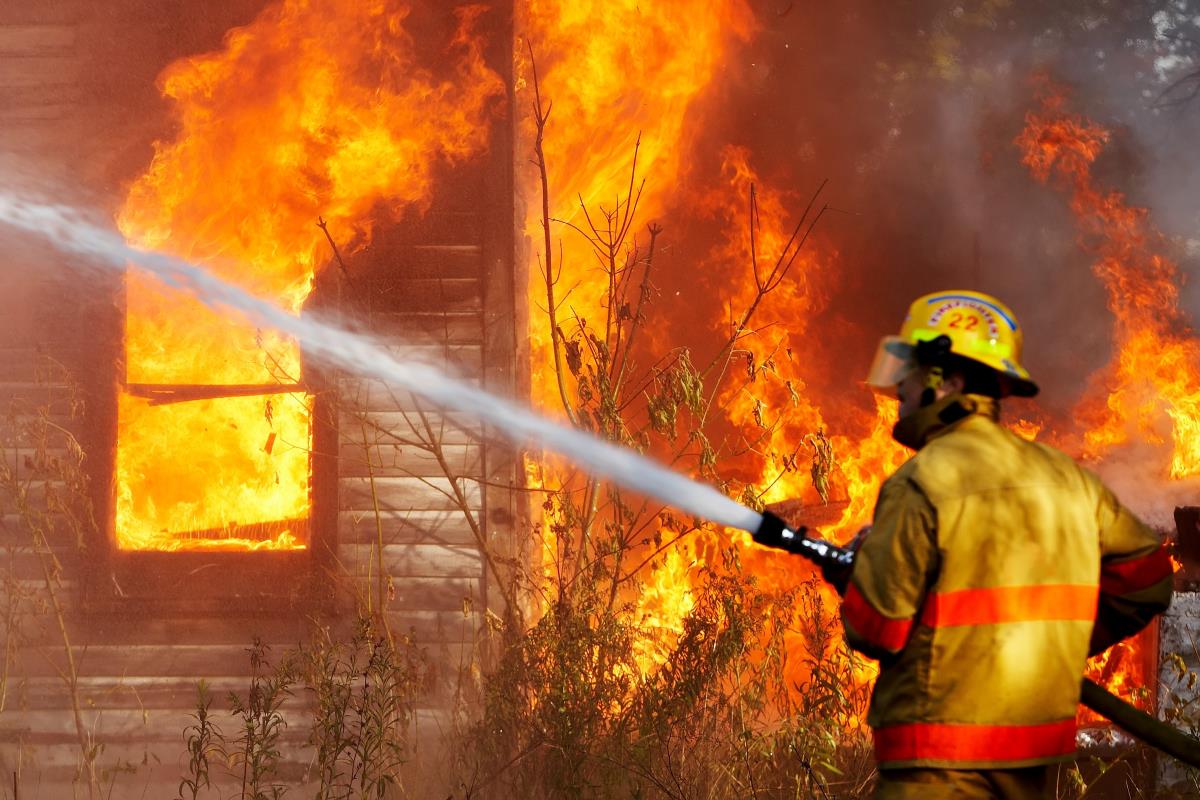
An explosion at the General Dynamics weapons factory in Camden, Arkansas, has left two people injured and one person confirmed dead.
The facility plays a crucial role in producing armaments, including different kinds of artillery shells, FGM-148 Javelin anti-tank missiles and AGM-114 Hellfire anti-armor missiles. The explosion at the facility occurred shortly after 8 a.m. on July 3.
Company spokeswoman Berkley Whaley initially described the event as an "incident involving pyrotechnics" but later confirmed it was an explosion.
"At this time, we are working with first responders and can confirm the incident resulted in at least two injuries and one missing individual," Whaley said in a statement. "We are cooperating fully with the authorities as they conduct their investigation."
Whaley did not provide specifics about the severity of the injuries or whether the factory sustained significant damage.
However, Calhoun County Judge Floyd Nutt described the incident to the Arkansas Democrat-Gazette newspaper as a "major" disaster and the first of its kind at the Camden plant. Nutt emphasized the importance of a thorough investigation to determine the cause and prevent future incidents.
Camden plant relied upon to provide military aid to Ukraine
The Camden plant is known for producing and testing "energetic products" – the explosive components of missiles, rockets and other projectiles.
According to the company's website, the 880,000-square-foot facility manufactures Hydra rockets, Hellfire and Javelin warheads, 120mm mortars and propellant charges for 155mm artillery shells. The plant's critical role in the defense supply chain underscores the potential impact of this incident on broader military operations.
The United States has been heavily relying on facilities like the Camden plant to support its military aid commitments to Ukraine. (Related: United States announces new $2.3 billion military aid package for Ukraine.)
According to the fact sheet released by the Pentagon, the U.S. has sent more than 10,000 single-use Javelin missile launchers to Ukraine, along with over 3 million 155mm artillery shells and an unspecified number of 120mm mortars. These supplies are crucial for Ukraine's defense efforts amidst the ongoing conflict.
In a bid to increase munitions supply, the Pentagon announced earlier this year that it would boost production of 155 mm shells from 28,000 per month to 70,000 per month by the end of 2024.
Although it is unclear whether the Camden plant has ramped up its production of missile propellants to meet this goal, the company is currently recruiting 19 employees in Arkansas, indicating a potential increase in operational activity. This hiring surge suggests an effort to scale up production capabilities in response to growing demand.
The explosion has raised concerns about safety protocols at such critical facilities, especially given their role in the ongoing international military supply chain. The incident underscores the inherent risks associated with producing and handling high-explosive materials and the need for stringent safety measures to protect workers and the surrounding community. Enhanced safety protocols and regular inspections could mitigate the risks associated with handling volatile substances.
Local emergency services responded swiftly to the scene, with firefighters and medical teams working to secure the area and provide aid to the injured.
The investigation into the explosion's cause is expected to involve multiple agencies, including the Occupational Safety and Health Administration and the Bureau of Alcohol, Tobacco, Firearms and Explosives.
The community of Camden, a town with a population of around 12,000, is closely watching the developments. The General Dynamics plant is a significant local employer, and any prolonged shutdown could have economic repercussions.
Watch this short clip of an explosion engulfing the General Dynamics Camden factory.
This video is from the channel The Prisoner on Brighteon.com.
More related stories:
CORRUPT Pentagon fails to account for $62M in U.S. weapons aid to Ukraine.
Russia-Ukraine war reveals critical SHORTAGE of 155mm artillery shells across the United States.
Biden (supposedly) sending F-16s to be stationed inside Ukraine in defiance of Russian red line.
Sources include:
Please contact us for more information.













